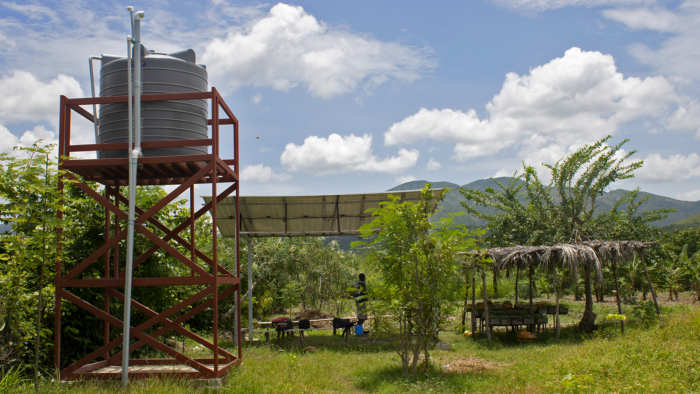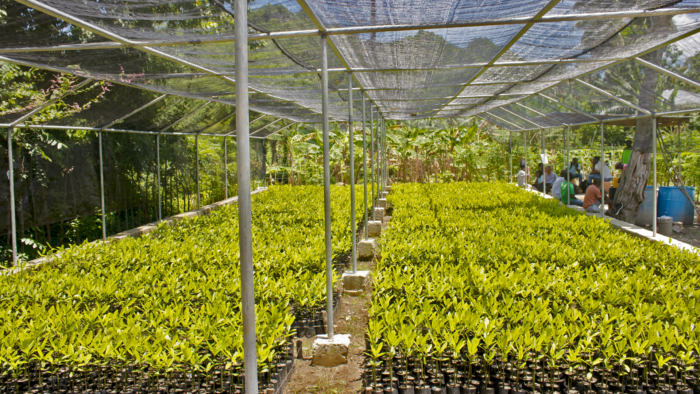Caribbean
Haiti: The Road to Addressing Long-Standing Challenges
Haiti still struggles with issues of political, economic and social instability that the nation has faced for decades. The power and influence of violent gangs is not a new phenomenon and for decades has been fueled by poverty, political corruption, and lack of access to education and opportunities. Since the 2021 assassination of President Jovenel Moïse, however, the country was left with a political and security vacuum, a vulnerable state for the rise of gang activity. In Port-au-Prince in particular, the nation’s capital, violent groups have seized a significant amount of political control, spreading their influence to surrounding towns. Their rule has resulted not only in decreased access to healthcare, electricity and other forms of aid, but has also resulted in violence targeted directly at individual citizens and aid workers in the form of kidnapping and extortion. In 2022 there were more than two civilian kidnappings recorded every day.
Food insecurity was also an issue the nation has struggled with for many years, but the situation has intensified due to political instability, economic crisis, and natural disasters. These conditions have created both a shortage of food and a situation in which food prices are too high for most residents to be able to afford enough to satisfy their caloric needs. An estimated 4.7 people face acute food insecurity out of a population of 11 million as of 2022, according to the UN. This includes a staggering one in three children who are malnourished, an increase of more than 60% compared to 2019 levels.
Not only do Haitians struggle to reliably secure food, but access to clean, potable water has been a longstanding challenge. Contaminated water sources, poor sanitation infrastructure, and waste dumped in rivers by aid workers amid the 2010 earthquake response, have all lead to a Cholera outbreak in the same year that spread rapidly through the country and has yet to be fully eradicated. In order to address this challenge, Malteser International Americas has had the opportunity to work in collaboration with the community of Nippes, and has conducted training sessions in which residents learned the importance of hand and food washing, strategies to stop the spread of cholera, preparing homemade mediations, as well as appropriate responses when around an infected individual. Malteser International Americas was also able to distribute sanitation kits to almost 2,000 residents with items including alcohol-based sanitizer and water purification tablets.
In order to boost the capacity of the local community of fishermen to provide for their families and improve their economic status, Malteser International Americas has transplanted more than 23,000 mangrove seedlings to Nippes which help to support the growth of fish populations. Geneste Savilien, a local fishermen testified that, “It is for the first time that I see so many fish in the sea. . . above all, I make much more profit [now].”
Malteser International Americas continues to support the people of Haiti and work with them to build a healthier, happier future in 2023 away from the chaos. As stated by Yolette Etienne, Malteser International Country Director for Haiti “Our wish for this country is that we can get some security, and that people can again have hope. That the people of Haiti continue to fight to change the system. To get a system where everyone can enjoy life, can live and can experience opportunities.”


